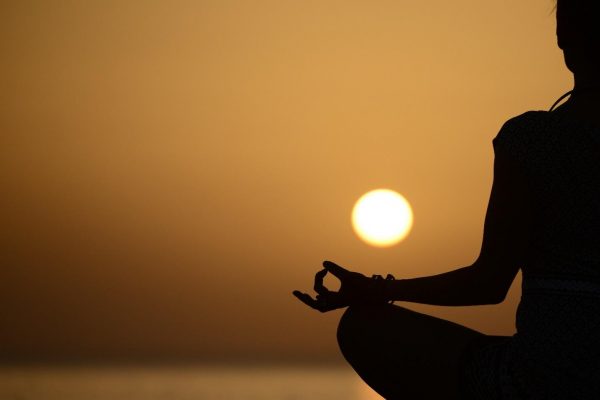
- Details
The coronavirus is changing the world around us as more and more people contract the virus. The American economy has taken a hit, and more importantly, people around the globe are struggling to manage the effects of the virus.
If you’re worried about getting sick, there are steps you can take to help reduce your risk and stay as healthy as possible. Above all, it’s important to listen to the state, city, and county guidelines for what you can and can’t do during this precarious period. And, if you’re considered high risk to developing a severe case of the coronavirus, it’s in your best interest to be extra cautious.
With that said, we’ve compiled a list of tips you can incorporate into your own life to manage your stress and stay healthy, both physically and mentally. Keep reading to learn how to stay healthy during the pandemic.
Eat nutritiously
Eating well is critical to your well-being. Good nutrition provides you with the fuel to complete your daily tasks, delivers critical nutrients to your body’s cells, and helps reinforce your body’s immune system. The vitamins and minerals you derive from food also promote growth and tissue repair, prevent chronic disease originating from lifestyle choices, and ensures healthy teeth and bones. Unfortunately, the food supply chain might be significantly altered due to bulk-buying.
If your diet has changed because of the availability of certain foods, it might be a good idea to supplement with a multivitamin or apple cider vinegar CBD gummies. If you’re not sure, it’s best to consult with a physician.
Another alternative is opting for pre-made meals that you can get delivered right to your doorstep. Freshly, Purple Carrot, and Thistle are all companies that specialize in highly nutritious food. Plus, if you feel overwhelmed by the prospect of becoming a chef, these meal delivery services can be a lifesaver.
Exercise when you can
You don’t have to go crazy with exercise during the quarantine, but you should try to get your heart rate up at least once a day. Exercise not only contributes to your physical health, but it also can contribute to an overall better mental state, as well. Being active can help your body create those feel-good endorphins. Just make sure you take the necessary precautions and give others at least six feet of space if you choose to exercise outside.

Go outside if it’s safe for you to do so
If you have a walking path with greenery near you, it’s a good idea to try to get out and see those trees at least once a day. Being out in nature can provide you with a positive mental boost you need to get through this uncertain time period. If you want, you can use an activity tracker like Strava to keep track of how much you’re walking.
Wear a mask
Although the CDC and the WHO took a while to encourage it, masks can help prevent the spread of the virus through airborne transmission. Although it’s smart to avoid N95 masks, since those are the type of medical-grade masks in short supply for our frontline healthcare workers, there are plenty of other face coverings available. You may even want to support independent creatives on platforms like Etsy.
Connect with your social circle
If you’re feeling isolated and lonely, it’s important to reach out to your support system. Human connection is critical to maintaining your mental health. You can use Zoom or FaceTime, for example, to talk to loved ones and friends. Even a ten-minute conversation can provide the connection you need.
Practice self-care
If you regularly read the news, it can be overwhelming seeing the constant stream of negativity. If you can, try to avoid mindless scrolling. Constantly reading negative information can put you in a bad mood.
Instead of letting yourself read the news all day, try to engage with positive hobbies. Consider investing in a new hobby like painting or crafting. Not only will it give you something to do, but it will also create a positive mental effect.
Conclusion: Take the pandemic one day at a time
If you’re feeling overwhelmed by the current conditions of the world, you’re not alone. Many people across the country and the world are struggling. With that said, you can do your part to stay healthy and avoid spreading your germs to vulnerable populations.
